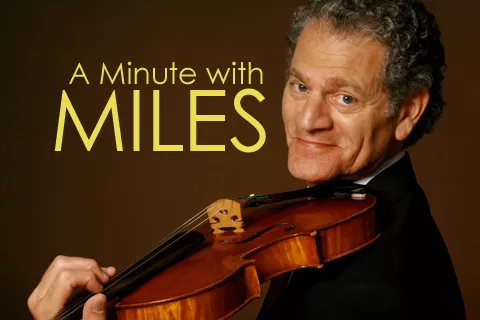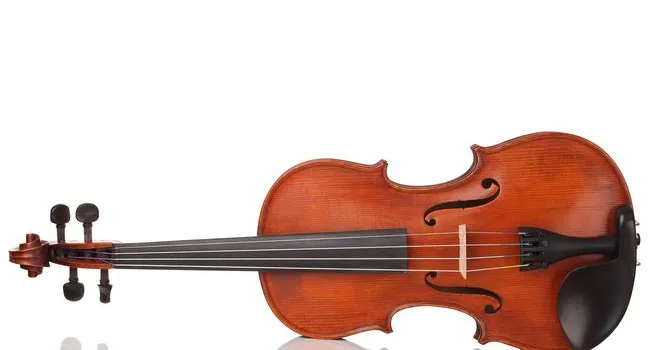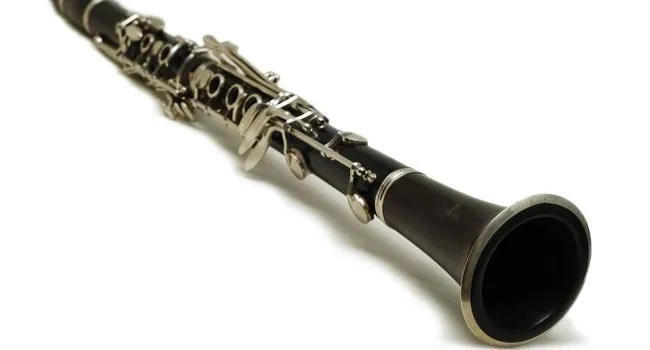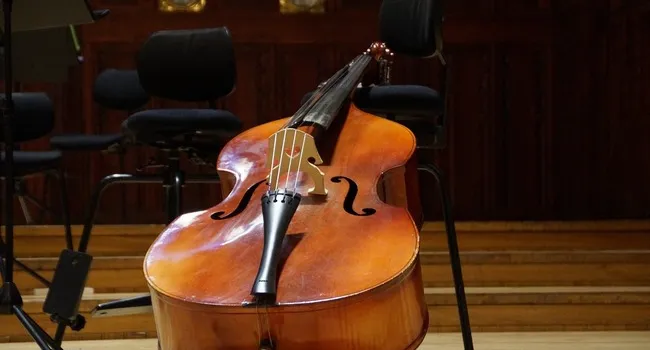
Program Notes for Non-Musicians | A Minute with Miles
Audio
A word of advice today for non-musicians reading program notes in concert programs: If the program notes are heavy on technical analysis and are loaded with terms like modulation, inversion...









